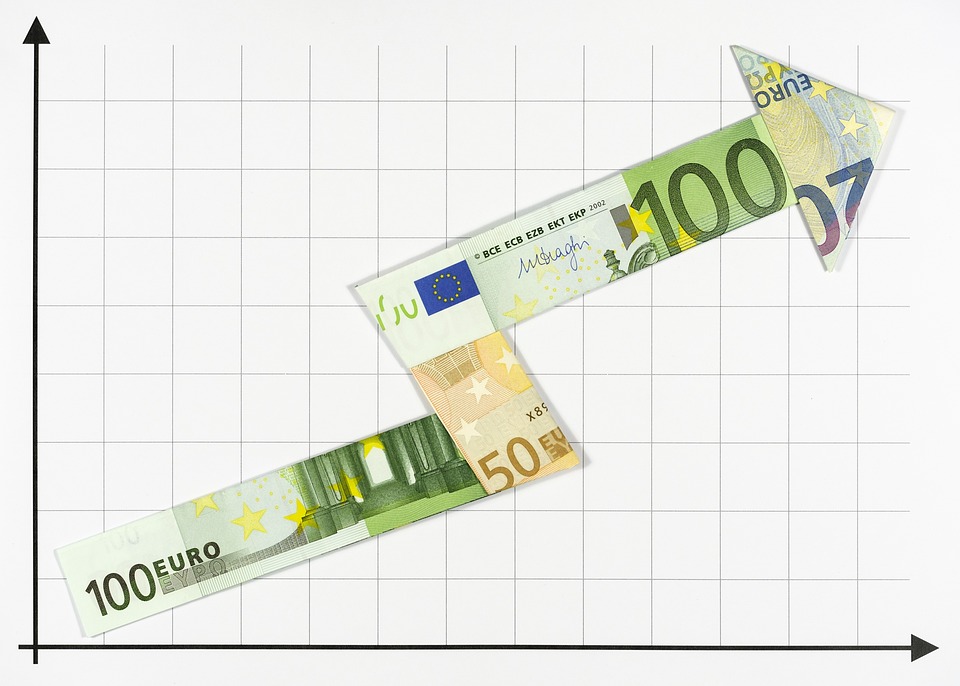Weathering the Storm: Market Indexes as a Cushion During Market Volatility
Market volatility is an inevitable part of investing. It’s the ebb and flow of the market, and it can be both exciting and unnerving for investors. During periods of volatility, it’s important to have a strategy in place to protect your investments and weather the storm. Market indexes can serve as a useful tool for investors looking to mitigate the impact of volatility and maintain a more stable portfolio.
What are Market Indexes?
Market indexes are a collection of stocks or other assets that are used to measure the performance of a specific segment of the market. There are countless indexes that track different aspects of the market, from broad-based indexes like the S&P 500, which includes the 500 largest publicly-traded companies in the US, to more specialized indexes that focus on a specific industry or sector.
Indexes are often used as benchmarks for investors to compare the performance of their investments to the broader market. They provide a snapshot of how the market as a whole is performing and can be a valuable tool for investors to assess the health of their portfolio. Market indexes can also be used to gain exposure to a specific segment of the market through index funds or exchange-traded funds (ETFs) that track the performance of the index.
How do Market Indexes Cushion Against Market Volatility?
During periods of market volatility, individual stocks can experience significant price swings, which can be unsettling for investors. However, market indexes can provide a more stable foundation for your portfolio during these turbulent times. Here are a few ways in which market indexes can cushion against market volatility:
Diversification: Market indexes are comprised of a diversified set of stocks or assets, which can help spread the risk across a broader range of investments. This diversification can help reduce the impact of any single stock or sector experiencing significant volatility.
Stability: Market indexes are designed to represent the overall performance of the market, which can provide a more stable and reliable gauge of market movements. While individual stocks may experience sharp price swings, market indexes tend to be less volatile and can help smooth out the ups and downs of the market.
Long-term perspective: Market indexes are a long-term investment tool, and they are designed to withstand market volatility over time. By maintaining exposure to market indexes, investors can take a more patient and disciplined approach to investing, focusing on the long-term growth potential of the market rather than short-term fluctuations.
How to Use Market Indexes in Your Portfolio
There are several ways to incorporate market indexes into your investment strategy to help cushion against market volatility. Here are a few options to consider:
Index funds: Index funds are mutual funds or exchange-traded funds (ETFs) that track the performance of a specific index. These funds provide investors with exposure to a diversified portfolio of stocks or assets, which can help mitigate the impact of market volatility on individual securities.
Sector-specific indexes: If you have a specific sector or industry in mind that you want to invest in, there are indexes that track the performance of that sector. By investing in a sector-specific index fund or ETF, you can gain exposure to that segment of the market while still benefiting from the diversification and stability of market indexes.
Dollar-cost averaging: Another strategy for using market indexes in your portfolio is dollar-cost averaging, which involves regularly investing a set amount of money in an index fund or ETF over time. This approach can help smooth out the impact of market volatility by purchasing shares at different price points, rather than investing a lump sum at a single point in time.
Frequently Asked Questions about Market Indexes and Market Volatility
Q: How do market indexes perform during periods of market volatility?
A: Market indexes can provide a more stable foundation for your portfolio during periods of market volatility, as they are comprised of a diversified set of stocks or assets and are designed to represent the overall performance of the market. While individual stocks may experience sharp price swings, market indexes tend to be less volatile and can help smooth out the ups and downs of the market.
Q: Are market indexes a good investment strategy for mitigating the impact of market volatility?
A: Market indexes can be a good investment strategy for mitigating the impact of market volatility, as they provide exposure to a diversified portfolio of stocks or assets and can help spread the risk across a broader range of investments. They are also designed to withstand market volatility over time and can provide a more stable and reliable gauge of market movements.
Q: How can investors incorporate market indexes into their investment strategy?
A: There are several ways to incorporate market indexes into your investment strategy, including investing in index funds or ETFs that track the performance of a specific index, focusing on sector-specific indexes if you have a specific industry in mind that you want to invest in, and using dollar-cost averaging to regularly invest a set amount of money in an index fund or ETF over time.
Q: What are the long-term benefits of maintaining exposure to market indexes?
A: By maintaining exposure to market indexes, investors can take a more patient and disciplined approach to investing, focusing on the long-term growth potential of the market rather than short-term fluctuations. Market indexes can provide a more stable foundation for your portfolio and help mitigate the impact of market volatility over time.
In conclusion, market indexes can serve as a valuable cushion for investors during periods of market volatility. By providing exposure to a diversified portfolio of stocks or assets and delivering a more stable and reliable gauge of market movements, market indexes can help investors maintain a more stable and resilient portfolio in the face of market volatility. Whether through index funds, sector-specific indexes, or dollar-cost averaging, incorporating market indexes into your investment strategy can help mitigate the impact of market volatility and provide a more long-term perspective for your investments.




